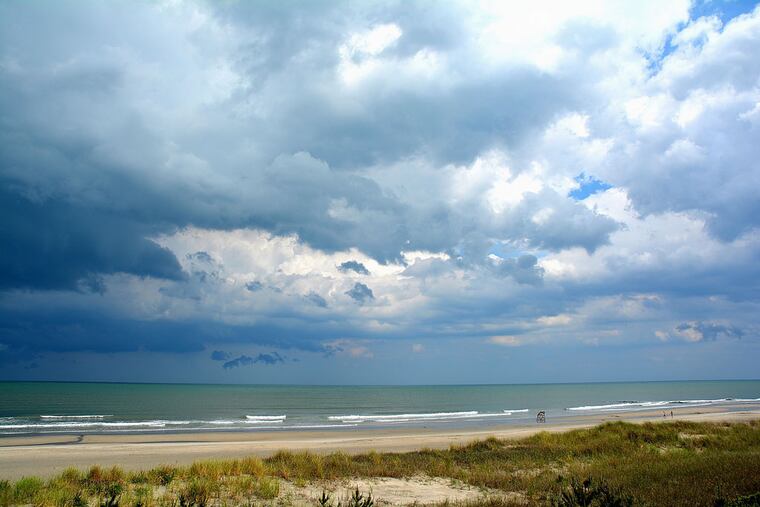Too soon to surrender to coronavirus | Editorial
The Philly region, like the rest of the country, seems eager for a summer vacation from the coronavirus. But indications are the extremely contagious, potentially lethal pathogen isn't going anywhere.

We’ve got a bad case of quarantine fatigue. We’re sick of living in this weird lockdown limbo. We really need to get back to work. And with summer almost here, everybody’s dying to get out of the house and go down the Shore.
This collective self-diagnosis has some truth to it. Particularly the part about work. But overall it’s largely about feelings, not facts. Including facts like these: The pandemic has killed more than 112,000 Americans. More than 2.4 million people in this country have tested positive; there’s no real treatment, no cure, and no vaccine.
While the number of new COVID-19 cases has fallen substantially in Pennsylvania and New Jersey — largely because of business shutdowns and other, less onerous restrictions — Arizona, South Carolina, Florida, and a dozen other states are headed in the opposite direction. If it’s premature to describe the latest U.S. statistics or the new case clusters in Asia as conclusive evidence of a COVID-19 “second wave,” it’s also too soon to allow economic and political pressures to overwhelm our defenses.
The economics are indeed brutal. More than 20 million Americans are unemployed, big retail chains like JCPenney have declared bankruptcy, and even mighty Starbucks has announced plans to close 400 locations. Many mom-and-pop shops on Main Streets across America may never reopen.
The political pressure, meanwhile, is predictably partisan, with Republicans suing Pennsylvania Gov. Tom Wolf, a Democrat, to force him to lift the commonwealth’s remaining restrictions. In New Jersey, Republicans are suing Democratic Gov. Phil Murphy for much the same reason; some small business owners say he just doesn’t understand their plight. And in both states, there’s been talk of gubernatorial “tyranny,” and alleged violations of constitutional rights.
The politics of a pandemic, particularly in a presidential election year, would be volatile even if Donald Trump were not occupying the Oval Office. The president has cast the debate about the nation’s efforts to contain the virus as a clash between his fans and his foes. But this is not about him. It’s about what we know, and don’t.
We do know that lockdowns, self-quarantines, sheltering in place, social distancing, handwashing, and mask-wearing work. Remember “the curve”? We flattened it. Together. All sorts of Americans have upended their lives to protect themselves and each other from a highly contagious, potentially lethal pathogen.
But we still don’t know enough about the coronavirus. We still don’t have enough testing. We have learned that close and sustained indoor contact among a substantial number of people is an ideal setting for contagion. But why some infected people get mild cold symptoms and others end up on ventilators is less clear.
Calls to “reopen America” are more uplifting than warnings to proceed with caution. That’s why Wolf, Murphy, and other leaders must stay the course. Too much, too soon, and too few precautions may make a summer some see as a vacation from the virus more like a national public health experiment. One in which Americans, willingly or not, serve as test subjects.
So we must continue protecting ourselves and others. Because we don’t yet know how the experiment will turn out.